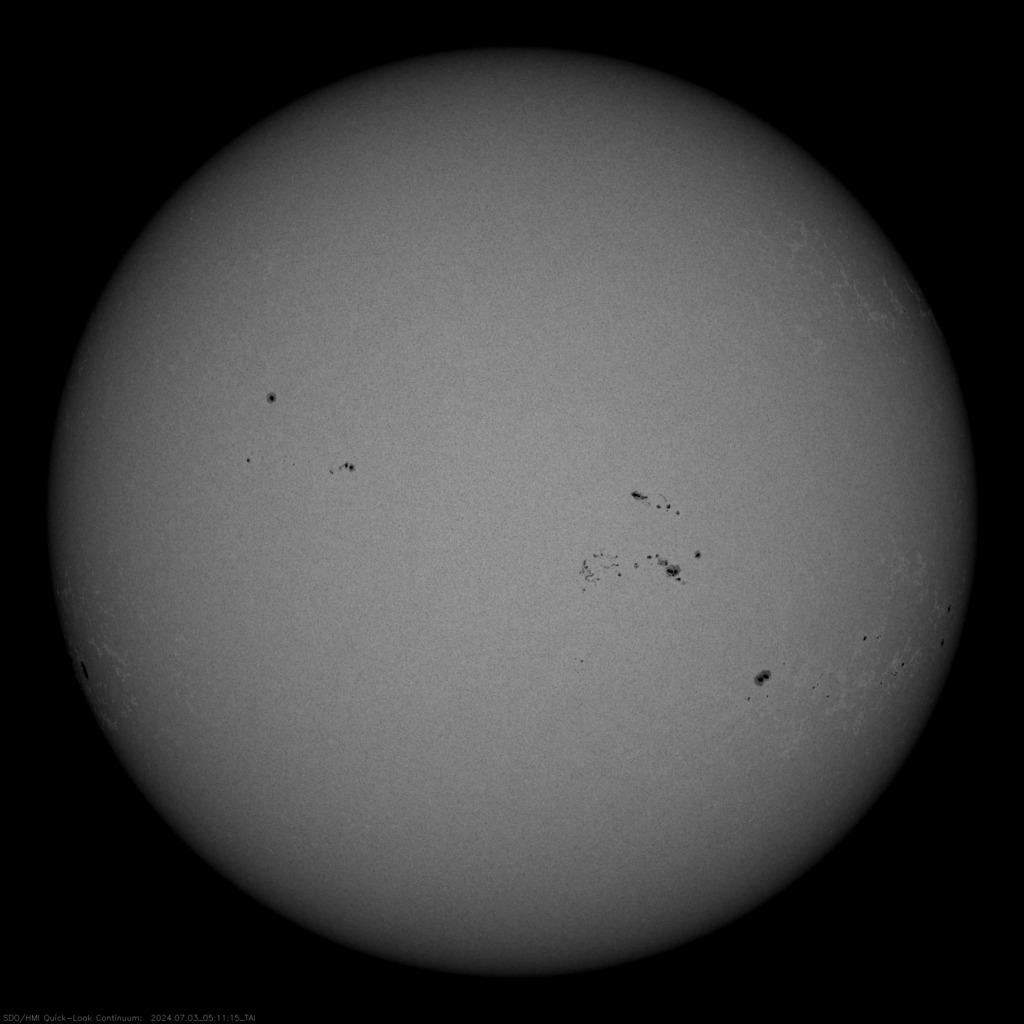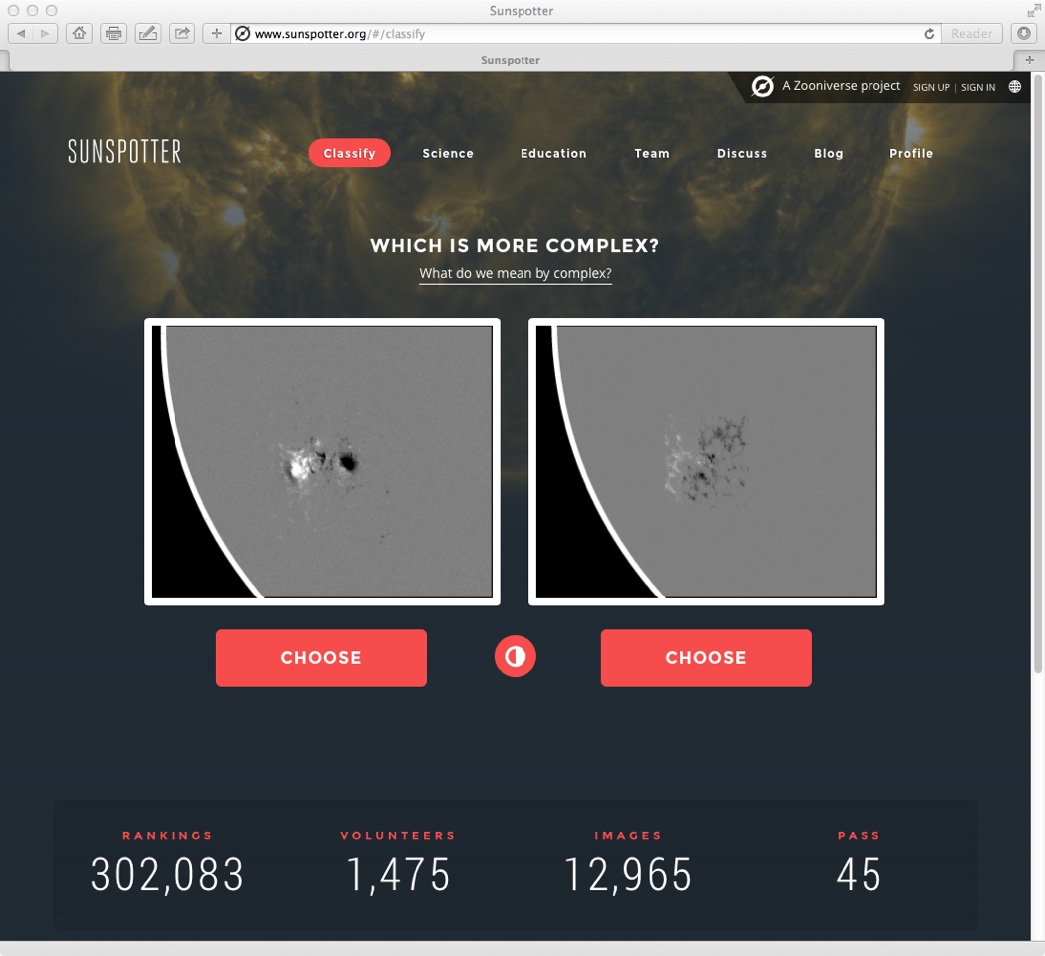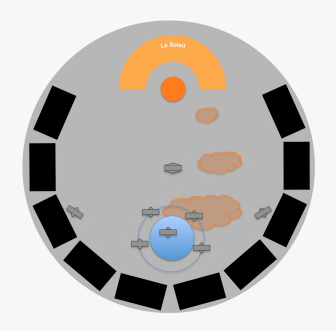On January 12 and 13, FLARECAST scientists, engineers and the outreach coordinator met with representatives of satellite operators, aviation companies, government organisations and defence agencies: potential future users of the solar flare forecasting service we are developing. We discussed user requirements at the Met Office (the UK National Meteorological Service and a FLARECAST project partner) in Exeter, UK.
Heliophysicists (scientists usually involved in fundamental research) and the sea, air and space industries (where every decision may yield consequences on a global scale): two different worlds! And a steep learning curve towards mutual understanding and coming up with viable results. For example, the term ‘extreme event’ scientists use for a large flare means something quite specific, yet different, for a person in the defence sector.
For most users, accuracy, timeliness and user friendliness are key in flare forecasts – no big surprise. However, while zero tolerance in false alerts is vital for some sectors, for others it is unimportant. We learnt that user requirements may vary largely, adding to the complexity of the forecasting endeavour.
My overall impression was that participants from both sides worked really hard to find common ground. While some of us experienced this situation for the first time, the French project partner Nicole Vilmer had been involved in similar discussions before. “It just takes a long time and many efforts”, she said.
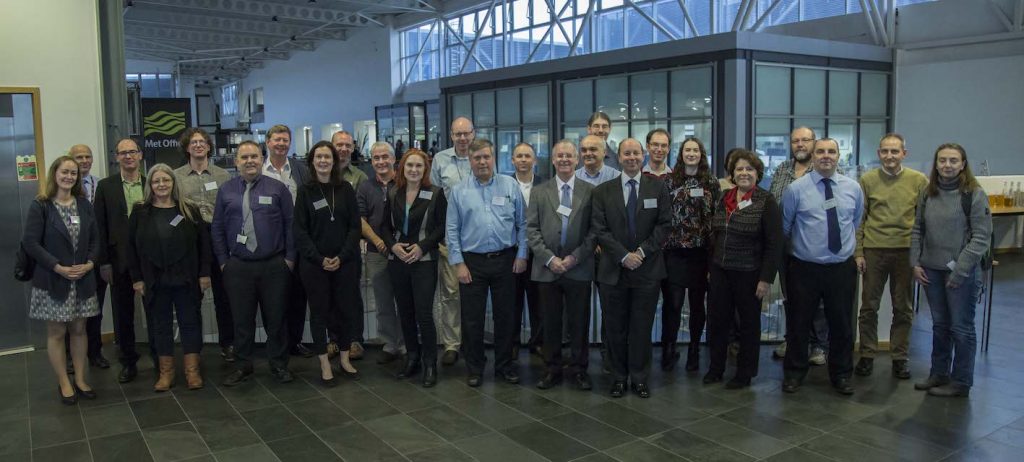
Check out the agenda of the user workshop.
Do you have a different impression, a comment or an idea? Please let us know.
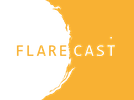
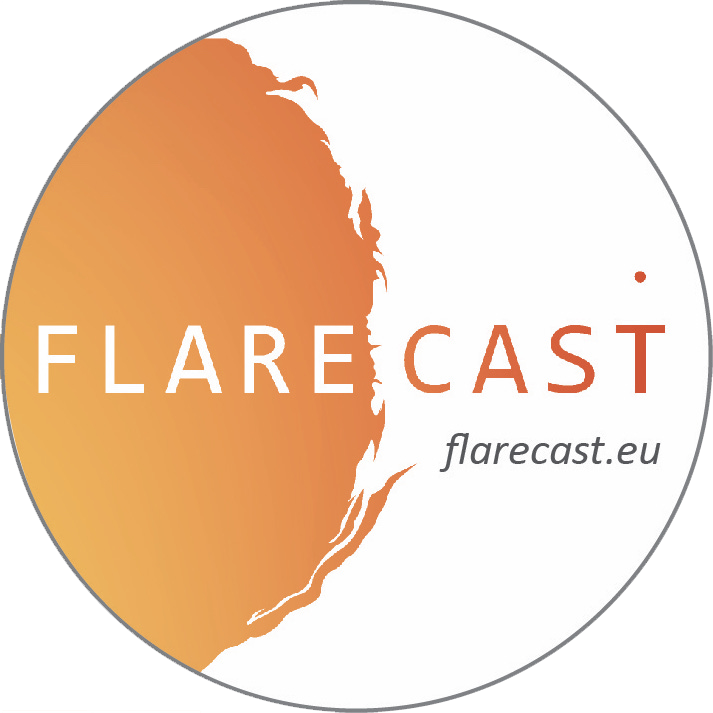 FLARECAST outreach on SlideShare
FLARECAST outreach on SlideShare